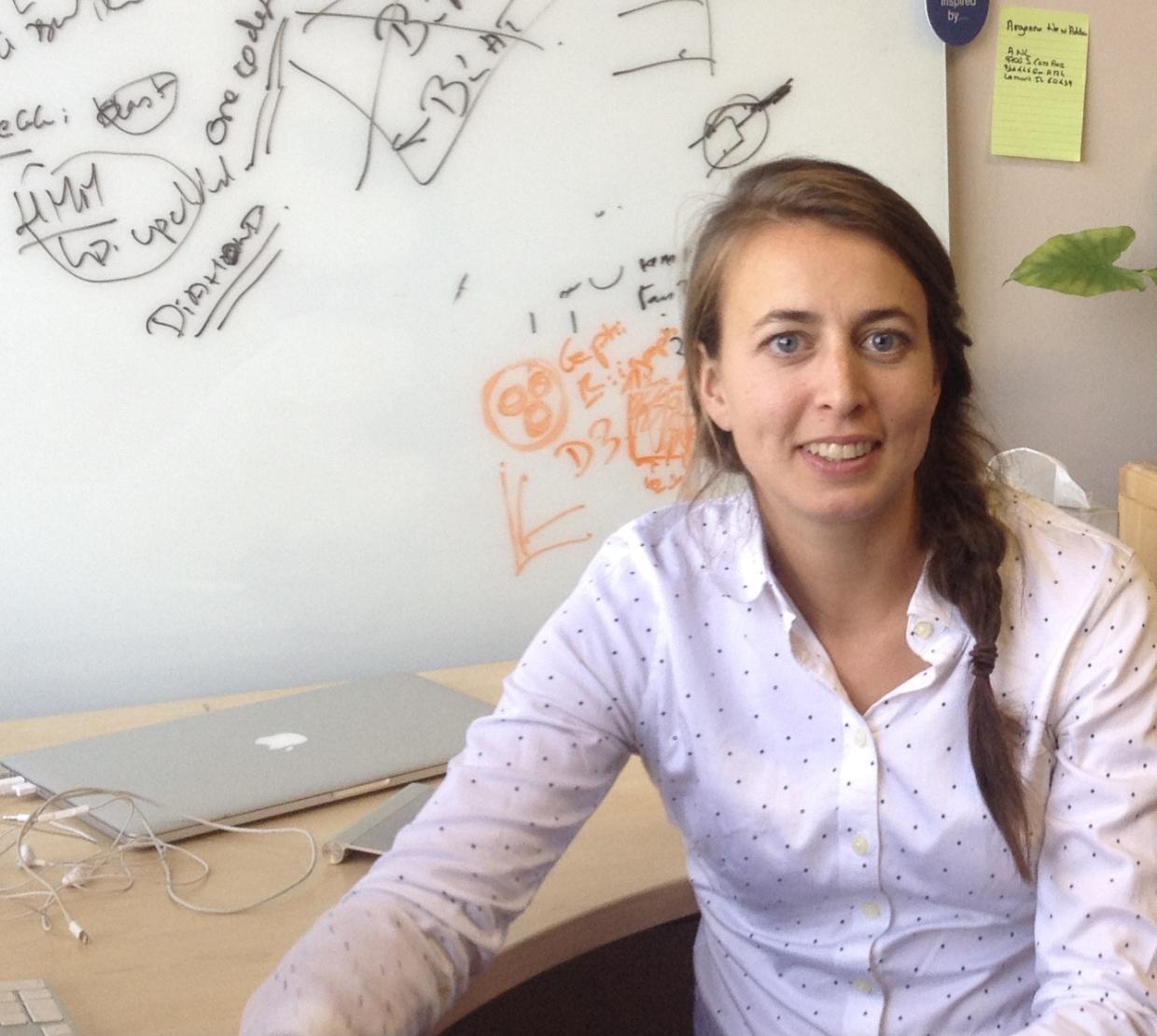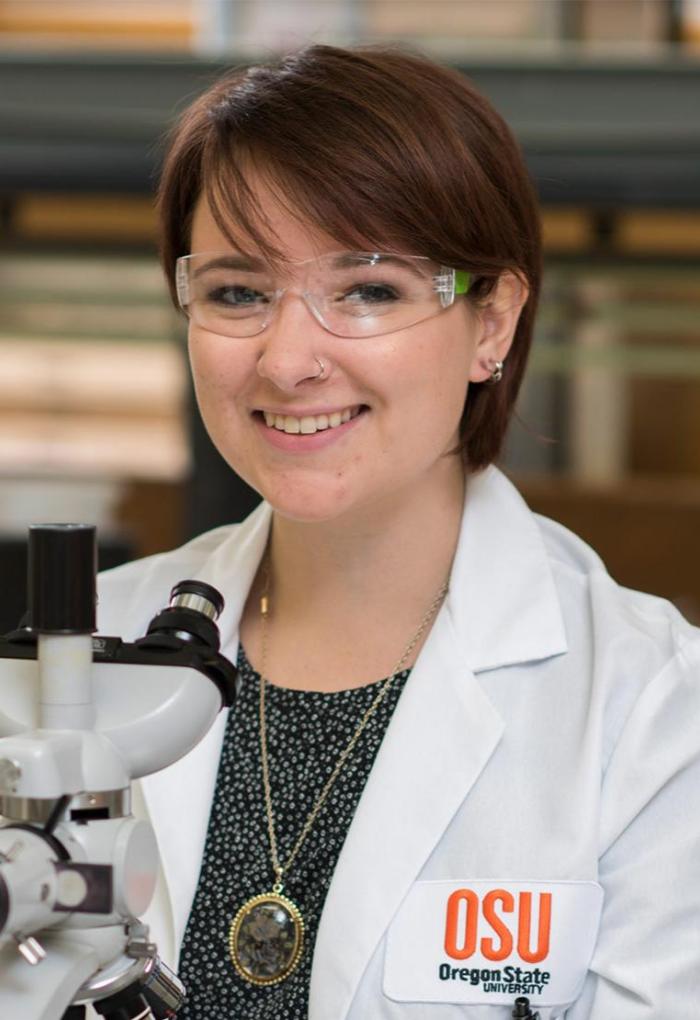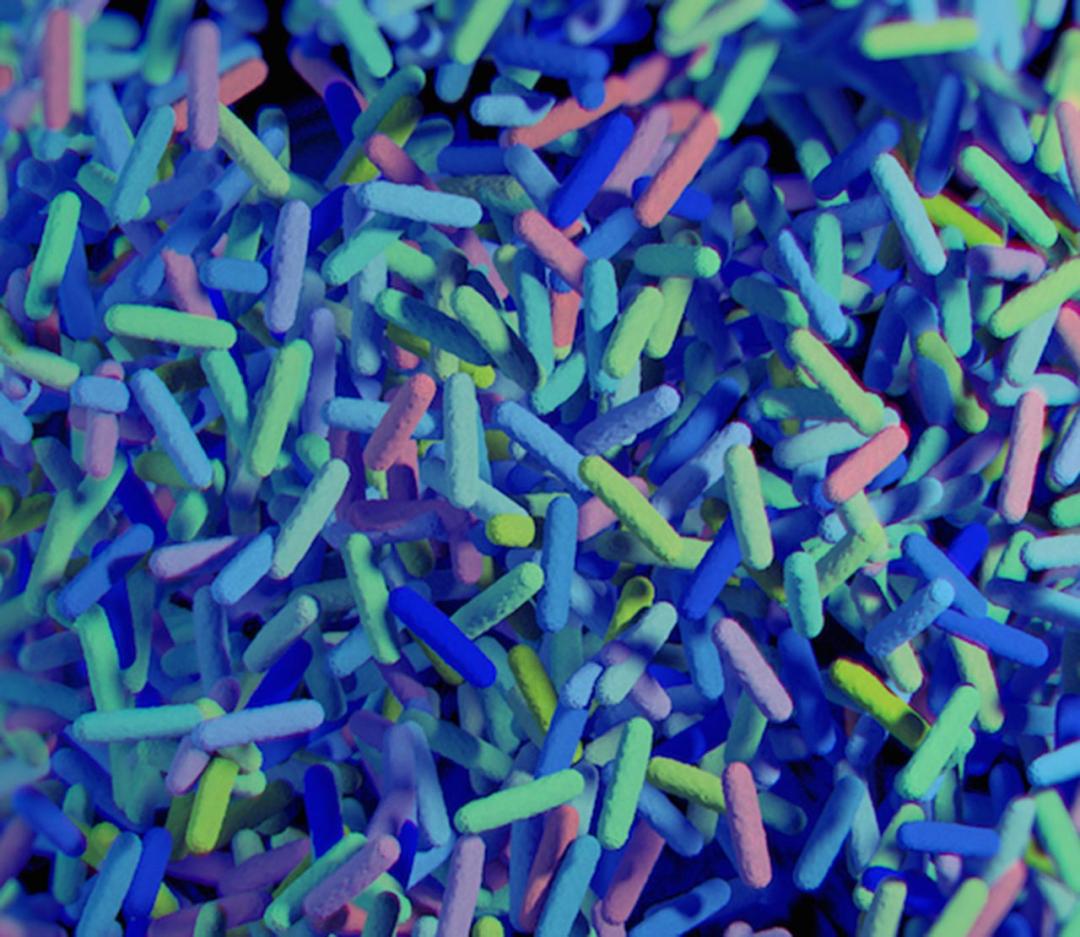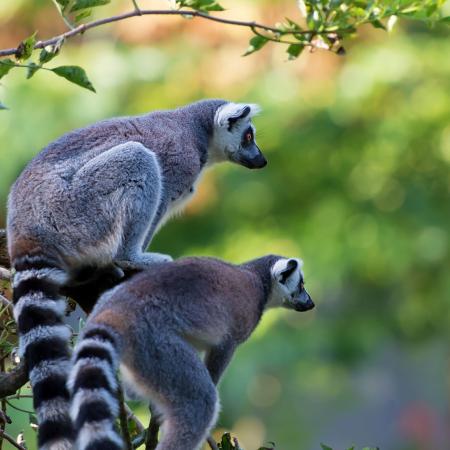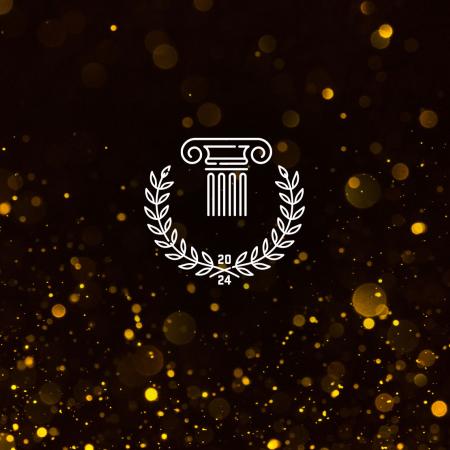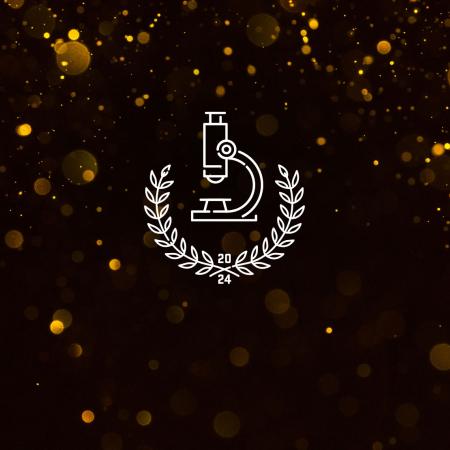Creating an ideal learning environment
Speaking with David, her mentoring prowess, which has earned her the appreciation of her students, shines through with every word. “It’s about creating a safe space for students before they go out into the world,” says David of her teaching style. Within the David Lab, her four graduate students and five undergraduates are free to take risks, make mistakes, and branch out in unexpected directions. “She is really letting her students take the reins,” adds Deitzler, “She is dedicated to intentionally building a lab that gives young women researchers the chance to grow and succeed in our field and has been immensely supportive of our diverse intersecting identities.”
Empowering her students to take charge has worked out well for David so far, with several of them receiving fellowships from the National Science Foundation, presenting their work at international conferences, and publishing articles in journals. Yet David points out that “the number of papers a student publishes is not a correlation of how happy they are.” Knowing the challenges of a career in science, particularly for women and other underrepresented groups, David encourages her mentees to find a balance between well-being and accomplishment. “The students work so hard. I have to tell them to take time off!” she says.
A vibrant, inclusive lab atmosphere
As a recipient of an award for mentoring in education, what are David’s thoughts on creating a richer student experience at Oregon State? “It’s really about horizontal integration in the lab. Undergraduates should be treated as full researchers,” she says, instead of merely having them clean equipment. Giving students of every level the opportunity to make a meaningful contribution increases motivation and retention — or, as David puts it, assures they will “start with science and stay!” Undergraduate student Temi Adewunmi (computer science ’23) testifies to the inclusive environment of the David Lab, and how David’s leadership throughout periods of political and civil unrest last year made a strong impression on her: “She encouraged us to share our experiences about life on campus and things we felt were going well, as well as what wasn’t going so great, in order to improve our teamwork and lab atmosphere. That meant a lot to me as an international student from Nigeria, and I felt really heard and welcomed.”
“She is dedicated to intentionally building a lab that gives young women researchers the chance to grow and succeed in our field”
Embracing diverse perspectives and backgrounds is an essential element to the success of the lab team. David recalls how one day, students got so creative in using a bit of code she gave them for an experiment, that they actually broke it. “They all have different learning and problem-solving styles,” she adds with a smile, clearly impressed by her students’ ingenuity. With research interests that span computational biology, microbial ecology, and the gut-brain axis, David knows the value of creativity and versatility in science, encouraging her students to ask novel questions and break the mold.
